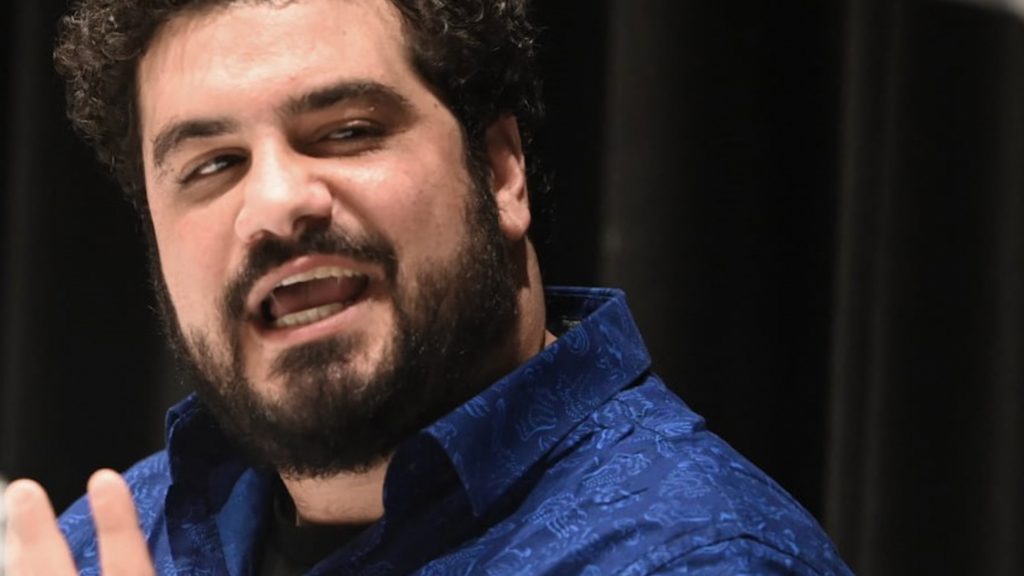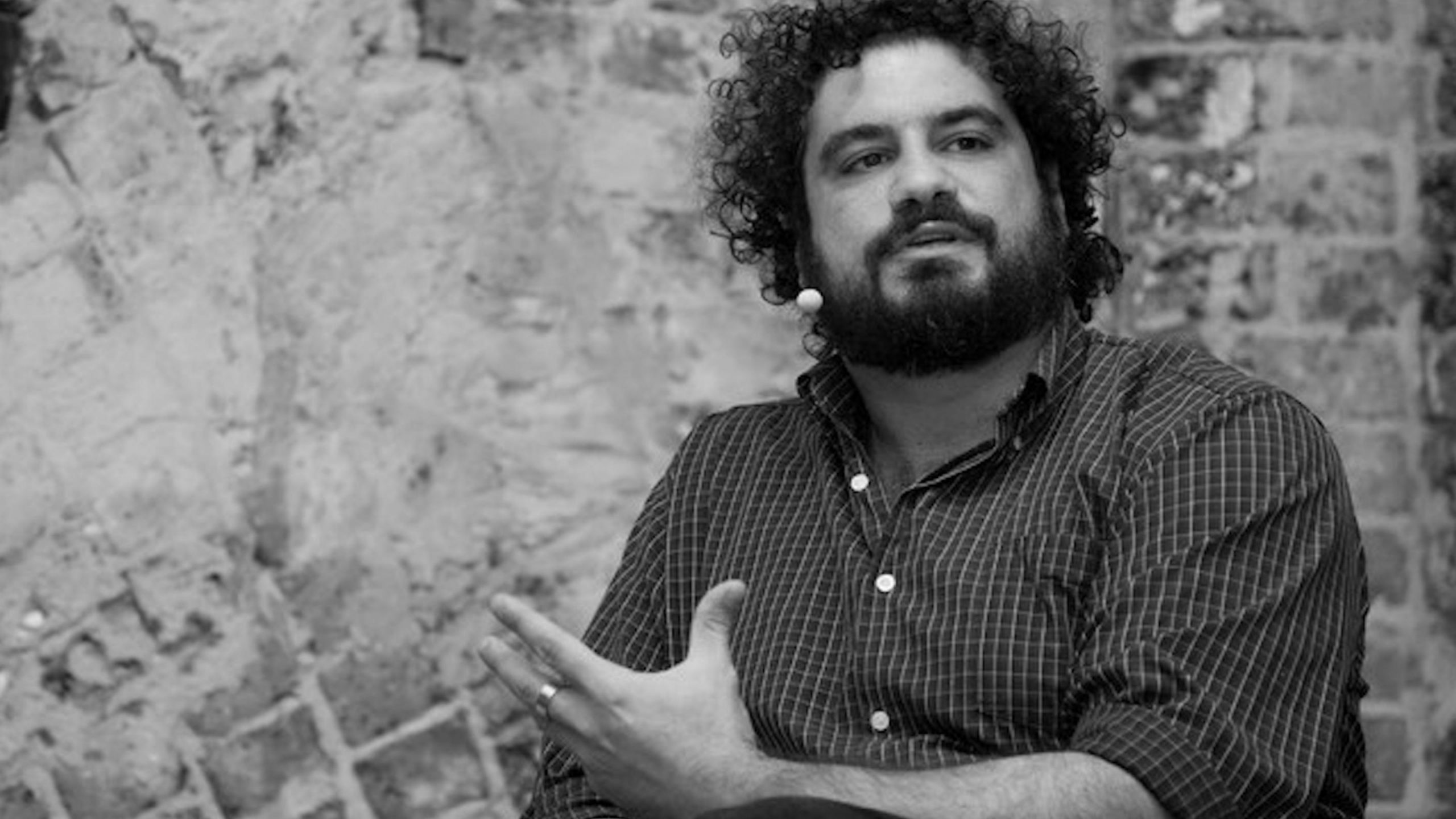“Very positive, very revitalised and very excited,” replies Dr Andonis Piperoglou, when I ask him how he feels about his recent appointment as the inaugural Hellenic Senior Lecturer in Global Diasporas at the University of Melbourne.
“It’s a really exciting opportunity to start to reframe and rethink the concepts and associations we have with the understanding of diaspora in a global context, in what we might think of as a transcultural context.”
Having grown up in Canberra and with a Cypriot and Castellorizian heritage, Piperoglou has spent many years studying the presence of Greeks in Australia through a historical lens and says he has seen “the lack of multicultural and migrant ethnic narratives in our country”.
“This position offers a really important and much needed opportunity to start to reframe notions of not just Australia, but also Greece,” he says.
“To reframe the diversity that exists in our society, to better represent in our classrooms, in our public scholarship, and in academic conversations about what it means to live in a super diverse diasporic culture.”
We chat about our different migration journeys and how Greek Australians are comparable with other diasporic groups.
“This position is an opportunity on many fronts to put the study of Australia on the map in a global context, the study of Greek mobility and migration on a global map,” he says.
But what about the language and the declining number of people who learn Greek?
“I hope to coordinate in some way or form in tandem with what is possible at the university, to revitalise the teaching of Greek,” says the young academic.
“Many people have an estranged relation with the language often set in what we could call ‘kitchen Greek’. A relationship with the language by going to your yiayia’s house, engaging with food, engaging with an intimacy of what that means in the private home.

”This is a great challenge of upholding language retention intergenerationally. I’m very focused on trying to enhance language retention from high school into the university space.”
Piperoglou says that he hopes to become a bridge between the university and the community and help to think reflectively and critically about cultural and linguistic retention.
”We have to think about what it means then to teach Greek. I think this is an opportunity to think about the reframing of languages in a very monocultural society,” he says.
“Australia is fixated on being an English-speaking society although more than half of the population were born overseas or have a parent born overseas. It’s very hard to break this monoculturalism, but I will do my best.”
However, it’s not only the government on a state and federal level that need to rethink the teaching of languages but the communities themselves.
“While community and ethnic schools are very important and have played a significant role in upholding the language over many years, these spaces often become quite alienated and dated for our young people. They do not seem to be comfortable, necessarily safe spaces, to which kids want to keep going to,” he says.
“We need to think how we can make things more exciting for young people and part of my job in these early stages of this position is to start a consultation with the community and the university about how we can achieve that.”
We discuss about the importance of collaborations and between tertiary institutions and community organisations.
“We can have an inter-diasporic dialogue between established organisations in Sydney and Melbourne to come to think about some of our common issues in a more systematic and comprehensive way,” suggests the lecturer.
“I won’t be able to do this by myself. We have to bring people together, to start having constructive conversations that generate shifts in how we’ve traditionally gone about doing things.
“We must come to some kind of a collaborative step forward,” he concludes.

